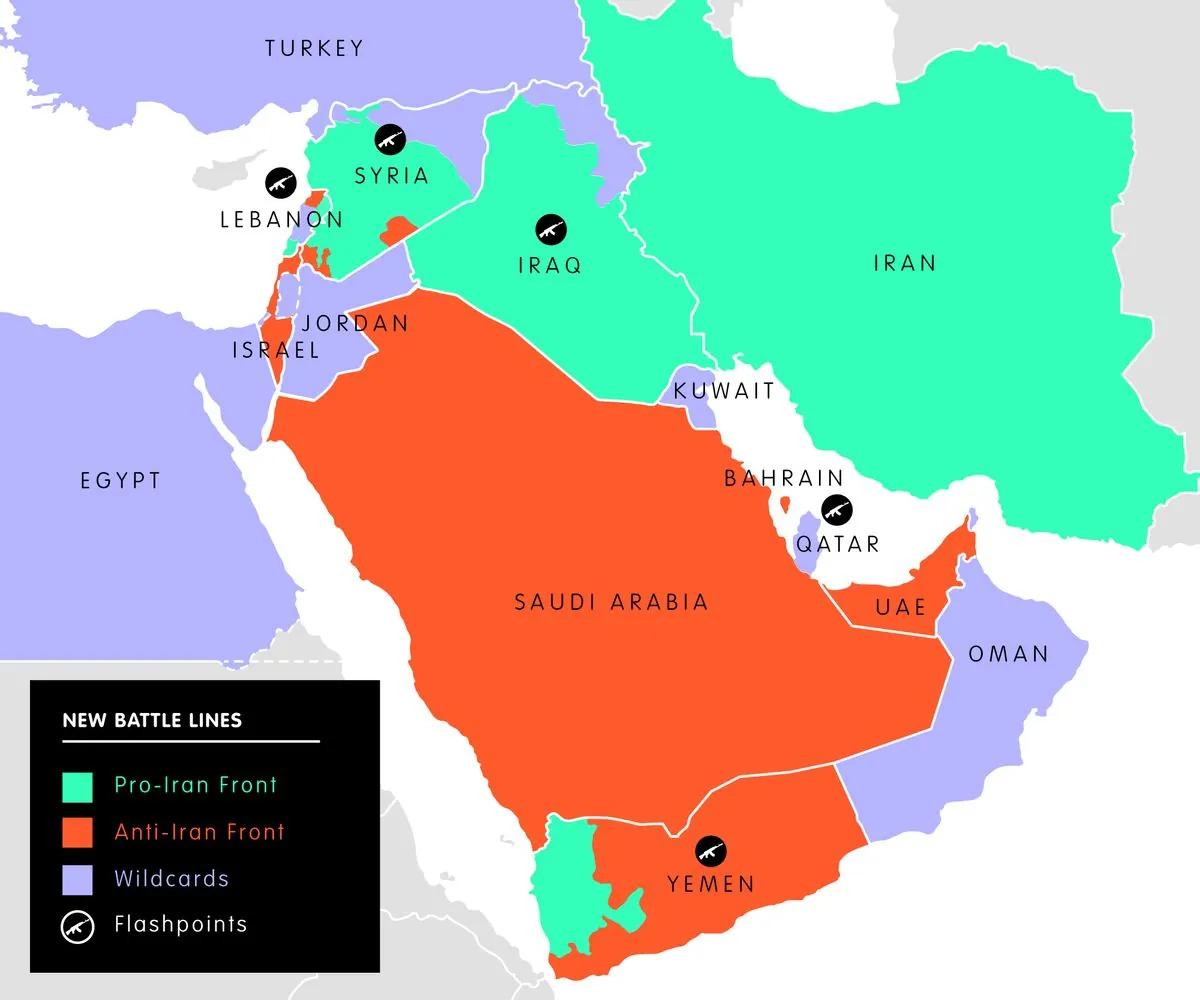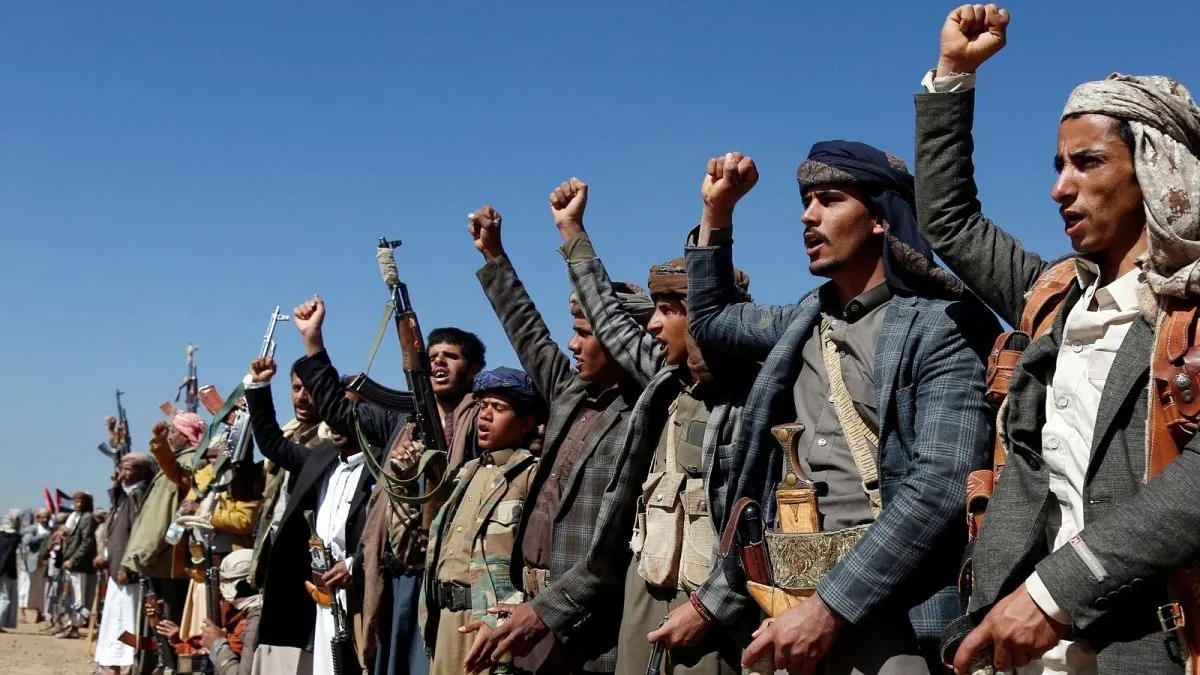Gaza Ceasefire: Not a Panacea for Regional Tensions, Expert Argues
Analysis challenges the belief that a Gaza ceasefire would significantly reduce tensions with Hezbollah and Houthis. The article explores complex regional dynamics and ideological factors influencing conflict.

In recent discussions about the ongoing conflict in Gaza, a prevailing belief has emerged among U.S. officials and analysts: a ceasefire in Gaza would lead to reduced tensions along Israel's northern border with Lebanon and in the Red Sea. However, this perspective may not align with the complex realities of the region.
Joe Biden, in late May 2024, outlined what he described as an Israeli proposal for a Gaza ceasefire. The U.S. President suggested that such an agreement could pave the way for broader regional stability. This view gained traction, with the White House reportedly believing that a Gaza ceasefire is crucial for de-escalating tensions on the Israeli-Lebanese border.
However, this assumption overlooks several key factors:
- Hezbollah's strategic position
- The Houthis' ideological motivations
- Iran's long-term regional goals
Hezbollah, despite its extensive arsenal, may be less inclined to escalate the conflict than commonly believed. The group's entrenched positions in southern Lebanon make it vulnerable to Israeli retaliation. Conversely, Israel might be more likely to escalate to address the perceived threat at its northern border.
"Hezbollah's arsenal, which is widely believed to comprise tens or hundreds of thousands of rockets, missiles, and drones, has conditioned policymakers and commentators to believe that this leading member of the Axis of Resistance is the party most likely to escalate, not Israel. That is backward."
The Houthis, a Zaidi Shia Islamic movement in Yemen, have demonstrated their ability to strike Israel and disrupt Red Sea shipping. Their actions are driven by a deeply rooted ideology, as evidenced by their slogan: "God Is Great, Death to America, Death to Israel, Curse on the Jews, Victory to Islam." This ideological commitment suggests that a Gaza ceasefire may not deter their attacks.

Iran's role in the regional dynamics cannot be overlooked. While Iranian diplomats have expressed support for a Gaza ceasefire, this stance appears to be a tactical move rather than a shift in overall strategy. Ayatollah Ali Khamenei and the Islamic Revolutionary Guard Corps (IRGC) continue to pursue their long-term goals of pushing the United States out of the Middle East and challenging Israel's existence.
The Southern Transitional Council's separatist ambitions in Yemen further complicate the situation, as the Houthis may see their attacks on Israel and Red Sea shipping as a means to gain political advantage domestically.
It's crucial to recognize that ideological factors play a significant role in shaping the actions of groups like the Houthis and Hezbollah. Dismissing these ideological motivations can lead to misunderstandings and policy miscalculations.
As the situation continues to evolve, it's clear that a Gaza ceasefire, while beneficial for Palestinians, may not be the panacea for regional tensions that some U.S. officials and analysts believe it to be. The complex interplay of strategic interests, ideological commitments, and regional power dynamics suggests that a more nuanced approach is necessary to address the multifaceted challenges in the Middle East.


































